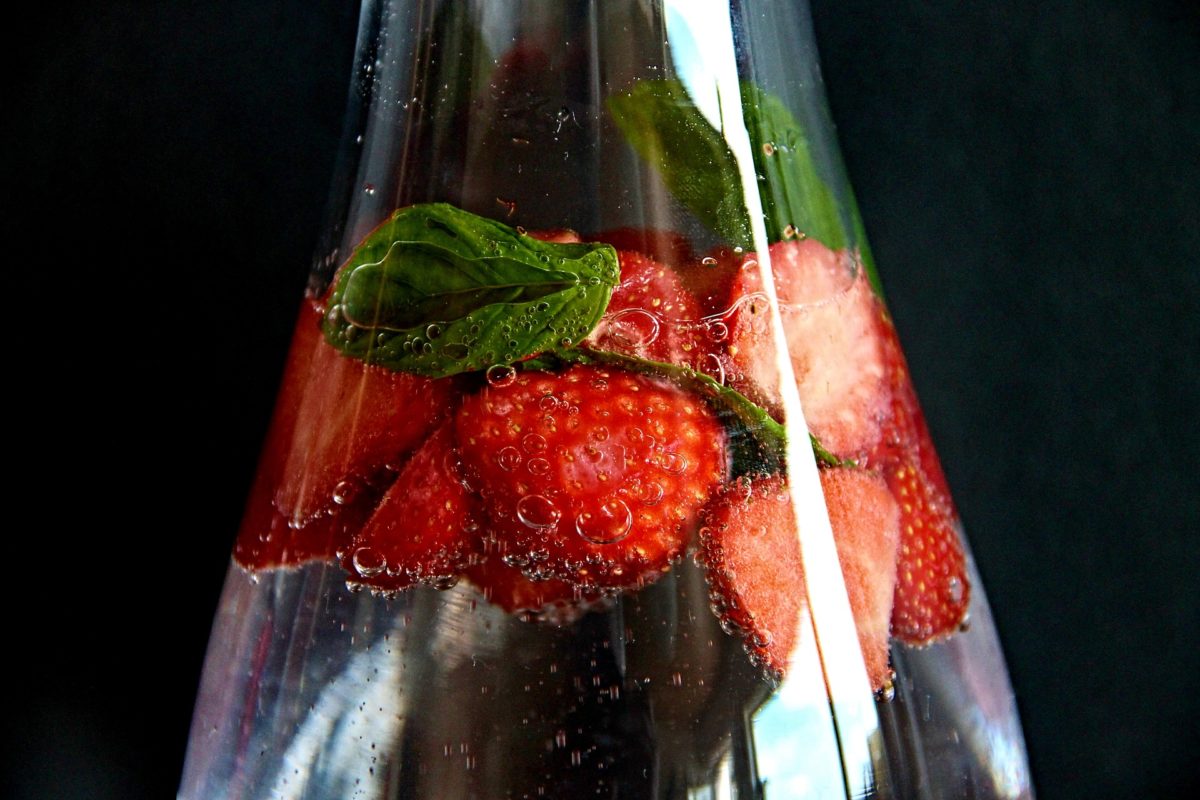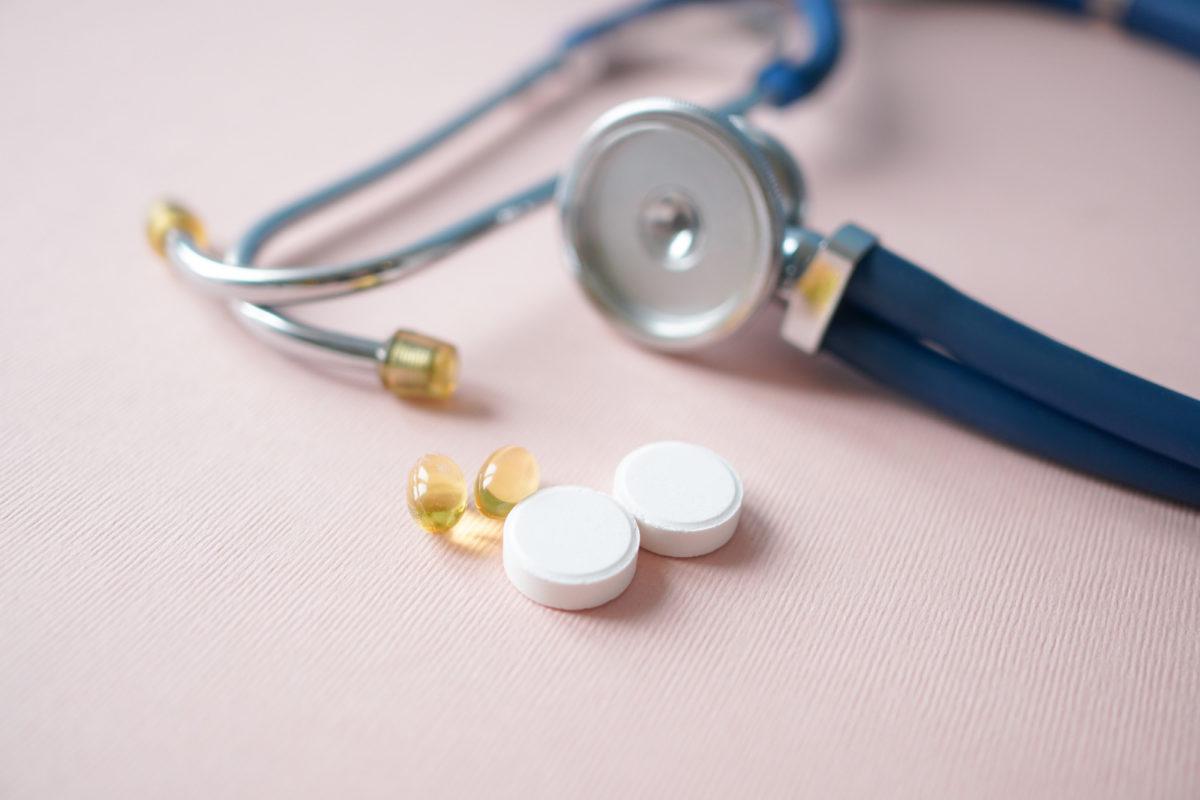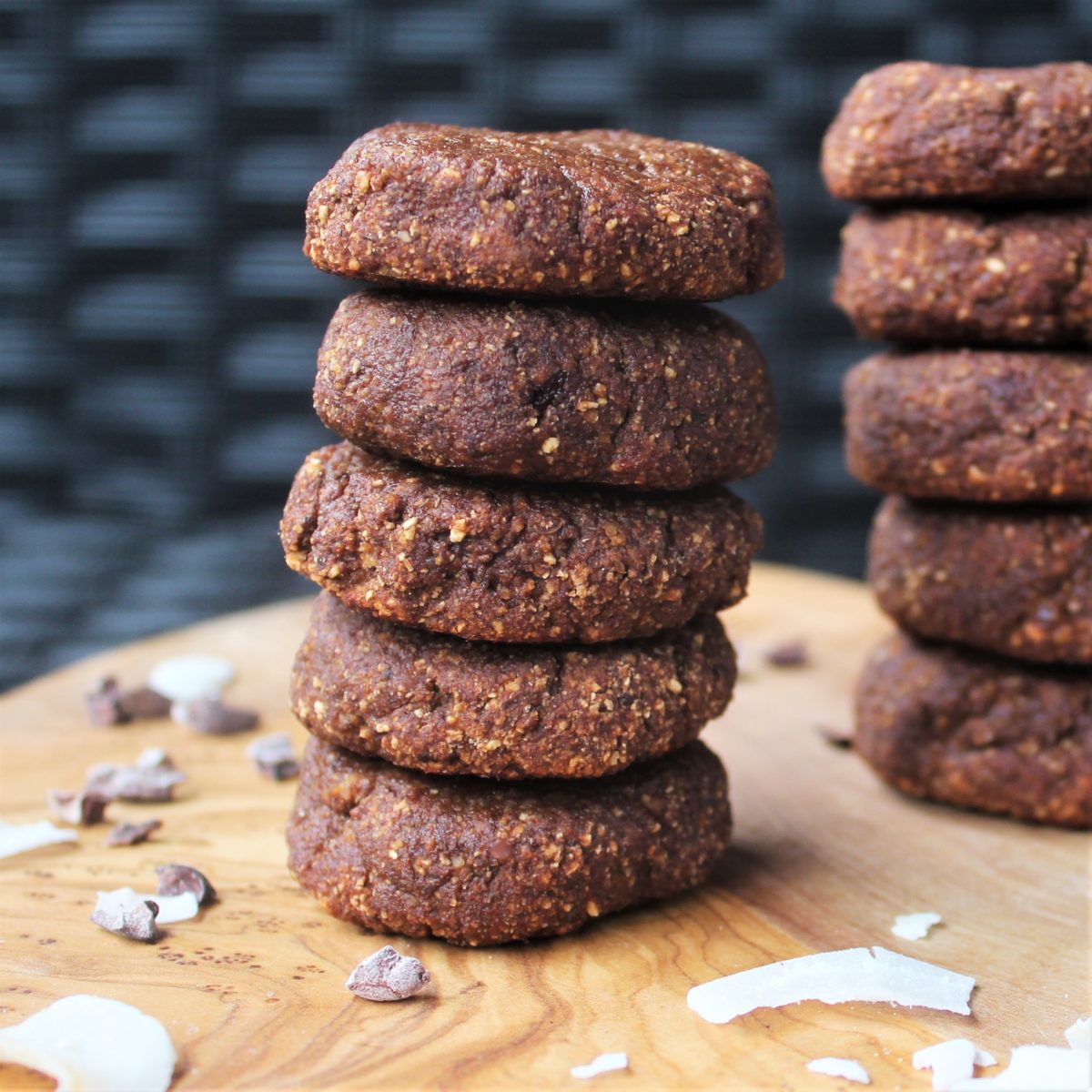Women with PCOS have higher levels of BPA. Learn how to decrease exposure to this estrogenic chemical.


Women with PCOS have higher levels of BPA. Learn how to decrease exposure to this estrogenic chemical.

Find out which three supplements Dr. Cutler recommends the most frequently for her clients with PCOS, and why.

Vegan, gluten-free, refined sugar-free cookies that support hormonal health and blood sugar balance.